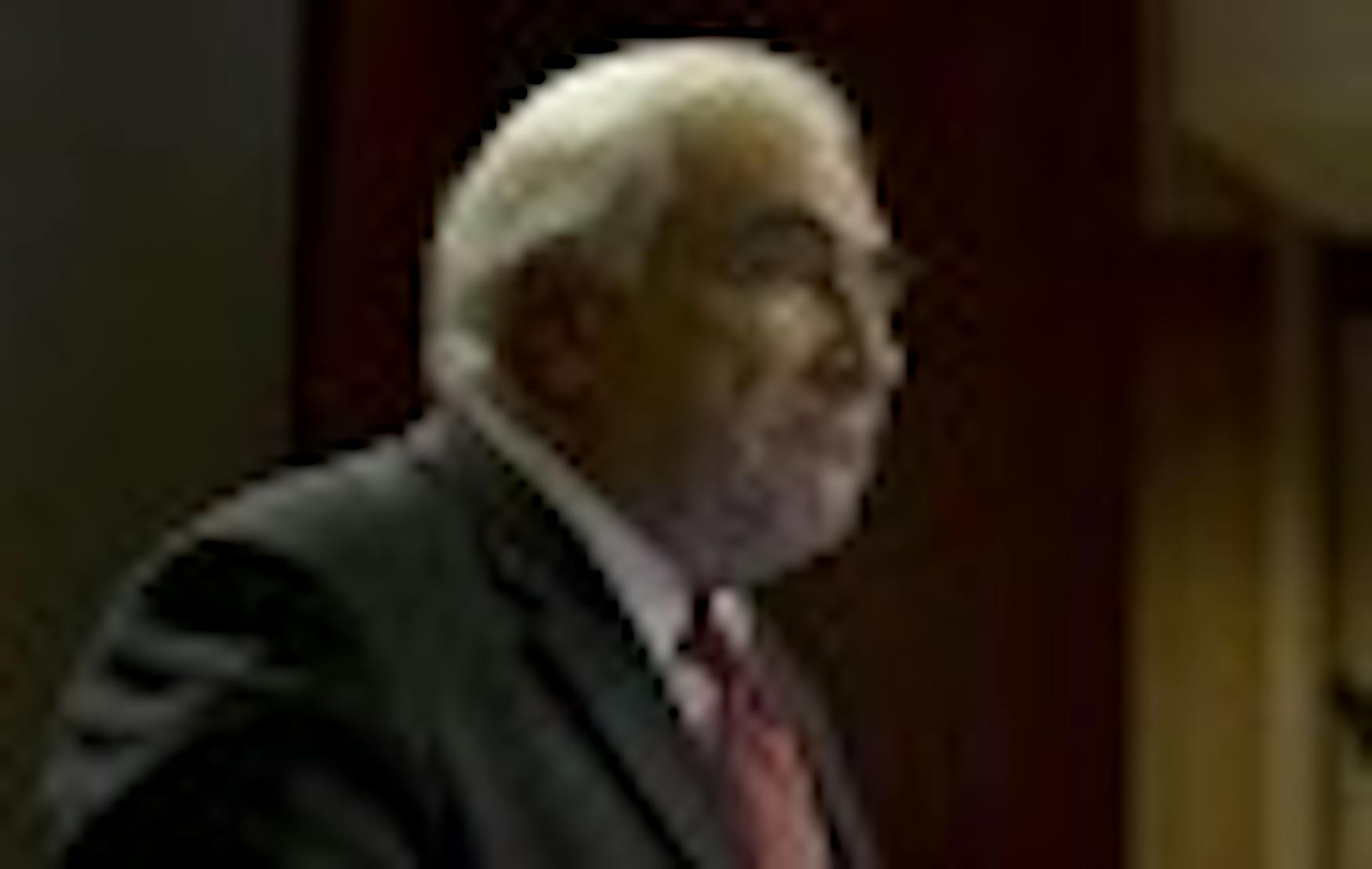Study candidates' private lives
With both American and French presidential elections approaching in the coming years, the intense personal scrutiny that every candidate must endure is becoming more evident. As college students, we are young and intelligent adults who have very recently reached the legal voting age. Many of us have never participated in a presidential election, making our decisions of how we vote all the more significant. Thus, an important question that many should consider is what qualities should be sought after in our candidates. Other than simply having good policy standpoints and a thorough knowledge of government, should they also be judged on conduct in their personal lives? I believe the answer is no-to an extent.
Some individuals might argue that the quality of decisions that individuals make in private can foreshadow the quality of their public decisions, but I disagree. Franklin Delano Roosevelt and Bill Clinton were two U.S. presidents who both had private indiscretions but who, in my opinion, made excellent presidents. In contrast, I believe that Jimmy Carter, who seemed to have an ideal private life, did not make an excellent president.
We should consider candidates' private lives as irrelevant to their politics until their personal behavior begins to spill over to their public actions. For instance, if they violate a law or begin to preach values contrary to what they practice privately, candidates' personal lives are fair game in a political election. It may seem that these two conditions are rather specific, and they are, because they refer to two politicians: Newt Gingrich, a candidate for the 2012 Republican presidential nomination, and Dominique Strauss-Kahn, the head of the International Monetary Fund and a Socialist politician in France who was previously expected to run for president against incumbent Nicolas Sarkozy. Both of these politicians have committed transgressions in their private lives that have managed to spill over into their public lives, bringing their ability to run a government into question.
Last week, Strauss-Kahn allegedly attempted to sexually assault a maid in a New York City hotel. According to CNN, he was arrested on a plane bound for Paris at the John F. Kennedy International Airport and has been charged with a list of crimes, the most significant being a first-degree criminal sexual act. If Strauss-Kahn is found guilty, French voters should take his crime into consideration if he decides to run for any political office.
However, in 2008, he was found to have had an extramarital affair with a young female staffer in his office, according to CNN. The difference between these acts is clear: Assault is illegal and punished with jail time, while adultery, though illegal in some regions, is seldom prosecuted and generally a private transgression. Committing a crime that is severe enough to be punished with jail time shows an alarming disregard for the standards that other citizens must follow and could hint at a future lack of regard for the law while governing. Strauss-Kahn's affair from 2008, however, is not a reason to keep him out of public office. Although one might argue that he is showing poor moral character, the affair is a part of his private life that should not affect his ability to govern.
Gingrich has also had a tumultuous personal life characterized by infidelity during two of his three marriages. According to an article from MSNBC, Gingrich approached his first wife with divorce papers while she was recovering in the hospital from cancer surgery. According to an article from The Washington Post, Gingrich asked for a divorce from his second wife over the phone on his mother-in-law's 84th birthday. Both of these events show poor moral character on Gingrich's part. In spite of that, Gingrich's political competency cannot be judged solely on his personal indiscretions, as they alone do not appear to have any impact on how he would govern as president. Gingrich has, however, frequently campaigned on wholesome family values, as described in articles from MSNBC and ABC, which runs contrary to his personal conduct.
This contradiction should definitely be taken into account during his presidential campaign, as Gingrich's personal values do not appear parallel to his public values. His hypocrisy reflects an individual who does not believe in practicing what he preaches; an important action for a politician who wants to be taken seriously. If Gingrich had not preached those family values, his affairs would be completely irrelevant to his presidential campaign.
When considering the criteria of what makes a competent president, it is important to consider how a candidate's personal behavior will be taken into account. By doing so, we determine what we believe to be the most important aspects of a presidential candidate for ourselves.




Please note All comments are eligible for publication in The Justice.